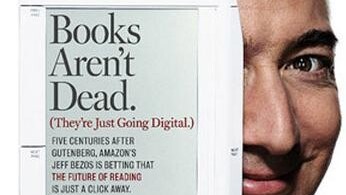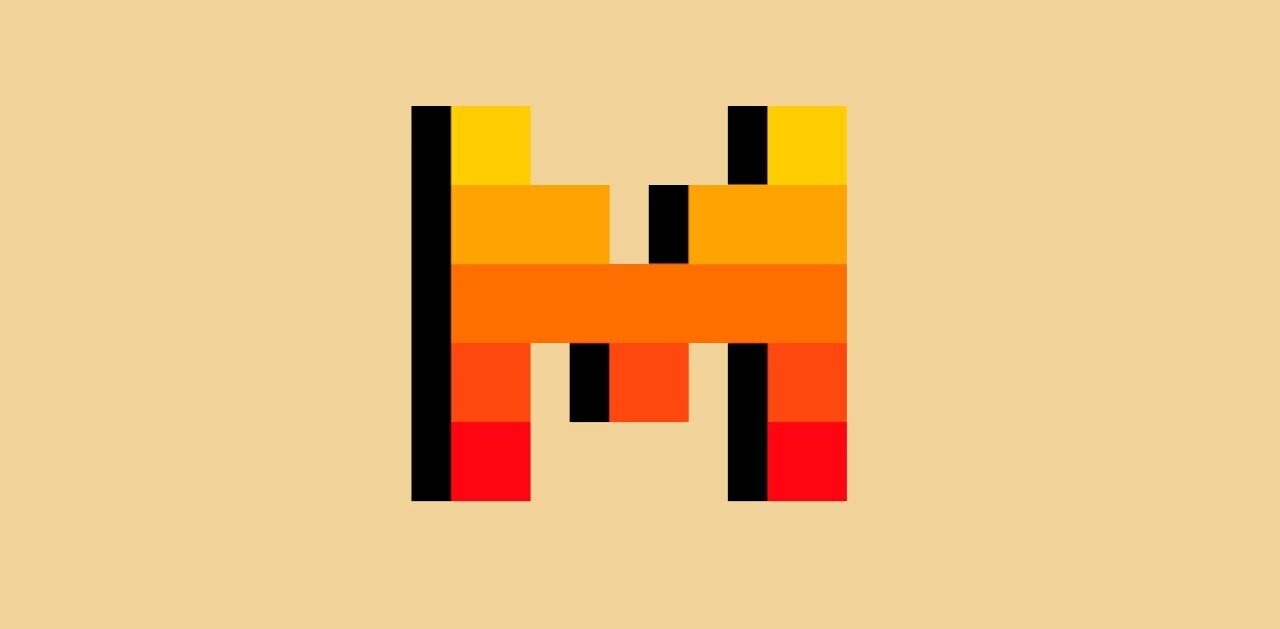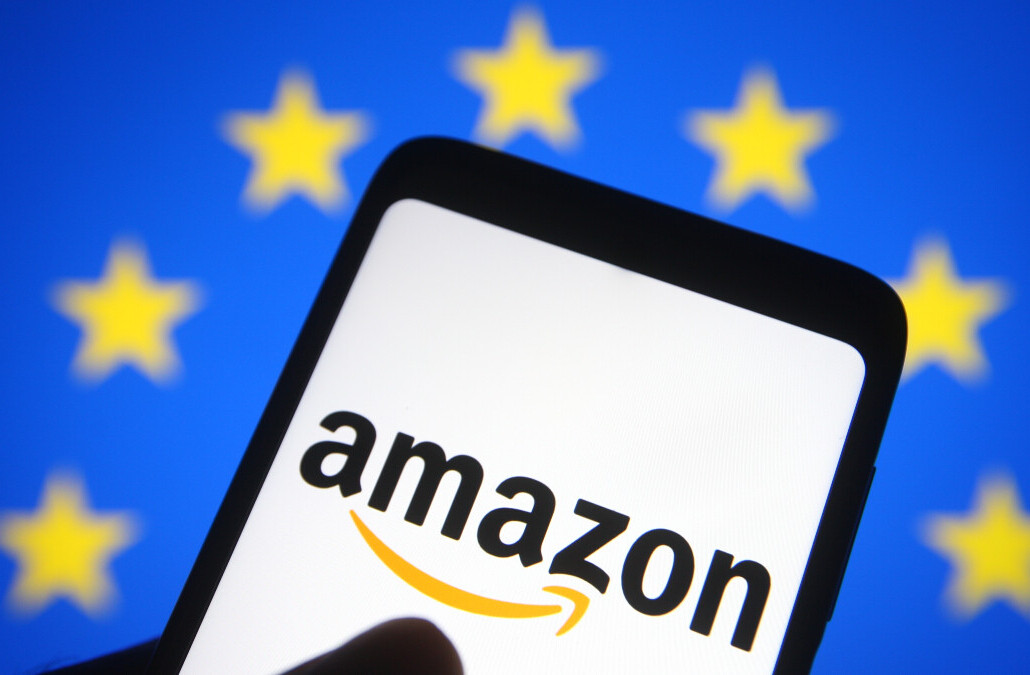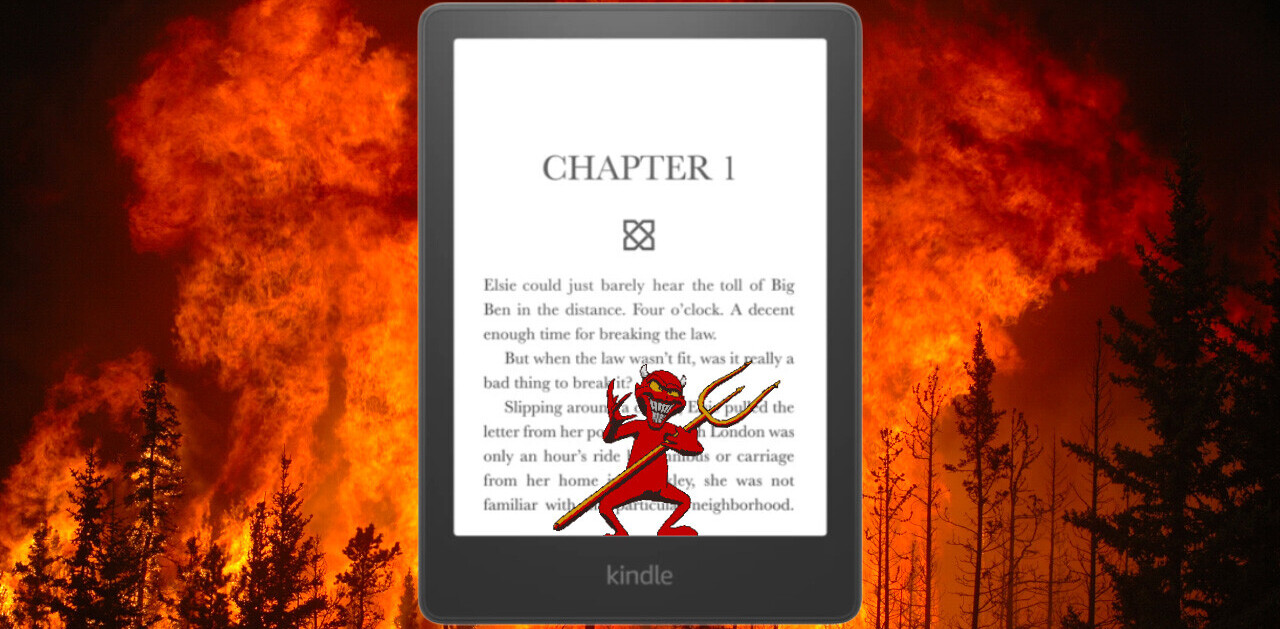
The Web has been rampant with stories of malware making its way into the Android Market. From infected Angry Birds add-on apps to malware which can evade anti-virus detection.
This isn’t the only problem that has been plaguing Android’s Market, with pirated e-books making their way into the store and onto users Android tablets and phones.
A quick search in the App Market, and I could have easily loaded a bunch of pirated books onto my Android phone, including the entire Song of Ice and Fire series, which inspired the HBO TV show Game of Thrones; the Lord of the Rings series, and the entire Twilight Saga.
What are publishers facing?
Pirated e-books available in the Android App Market appear to be limited to pop culture titles that are likely to be in demand, particularly amongst a younger audience, with many users happy to download them qualm-free.
The apps seem to be slipping through with the cunning use of an incorrect category, with quite a few of them quietly hiding in the Sports Games section.
The Android App Market is far from alone in this problem. Amazon’s self-publishing platform has been facing a surge in both spam and pirated books, and has probably been the one platform that has been hit the hardest, due to an unmoderated submission process.
With a shameless copy-paste-retitle method in use, it’s incredibly easy to get users to download a cheap $0.99 book, none the wiser that it’s pirated.
Even Apple’s near-watertight outfit has fallen prey to pirated books. Last year, four Japanese publishers complained to Apple that pirated copies of their books were available in Apple’s iBookstore.
Is JK Rowling making a big mistake?
So what does it all of this mean, particularly in light of JK Rowling’s latest venture, Pottermore, in which she has entirely cut out the middle man and is bringing e-books directly to her fans, DRM-free no less.
In a genius move, albeit for the wrong reasons, Rowling retained electronic rights to the entire Harry Potter series because of a personal concern over pirating. Having had a change of heart, she will be making the entire series available on her own site. While the books will be DRM-free, each copy will carry a unique digital watermark.
The irony in Rowling’s choice can’t be avoided. A digital watermark won’t prevent copyright theft, but it does leave a direct trail right back to the original buyer.
A digital watermark is unlikely to be a big enough motivator to stop e-book pirating in its tracks. Instead, vigilance will be the only real weapon against what could potentially become the biggest e-book piracy landslide this side of the 21st century.
What can be done?
JK Rowling aside, there is the fear that, because these platforms make it so easy for pirated e-books to reach the end-user, publishers will take to antiquated methods that did nothing for the music industry, and simply multiply them to the nth degree.
Google’s method of action is far less intrusive, but at the same time, very ineffective. They wait until they receive a complaint, after which the pirated e-book will be taken down.
Amazon themselves have already come up with a method to discourage piracy, by allowing users to borrow e-books from bricks-and-mortar libraries in the USA. Sadly, they were also quick to shoot themselves in the foot, by crippling third party sites built around the idea of lending titles between users. This method of course does little to stop spam books reaching Amazon’s self-publishing platform.
Does it matter?
Ironically, these very platforms – Apple, Amazon and to a lesser extent Android, which have spurred on e-book piracy, have also forced publishers to think twice about how to approach the electronic medium because of their popularity.
It was probably hard to conceive of Napster’s effect on the music industry before it took off, but the likelihood of the book industry going in the same direction is slim. E-books are by no means new, and our guess is if there was going to be an explosive increase in pirated e-book bestsellers – it would have happened by now.
Pirated e-books will probably continue to be available in two main types. Books that are tied in closely to blockbuster movies like Twilight, or so-called spam books, where anyone can access royalty-free content, such as Wikipedia articles, and re-use them any way they want.
Consumer awareness is the most important tool that can be used in the battle against spam books. A simple Google search can often lead readers to the exact same content online for free.
Get the TNW newsletter
Get the most important tech news in your inbox each week.




